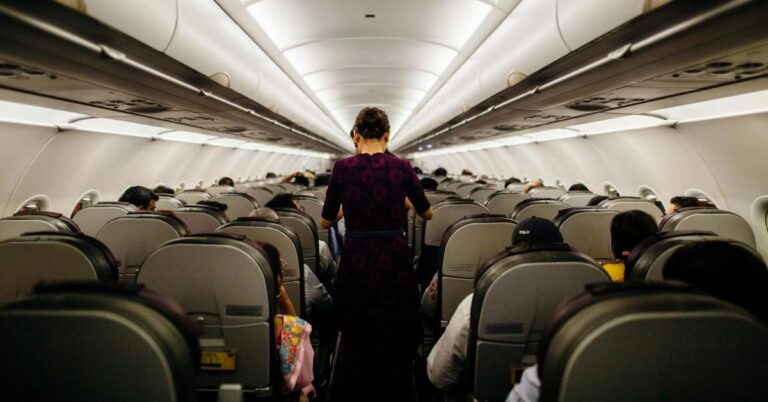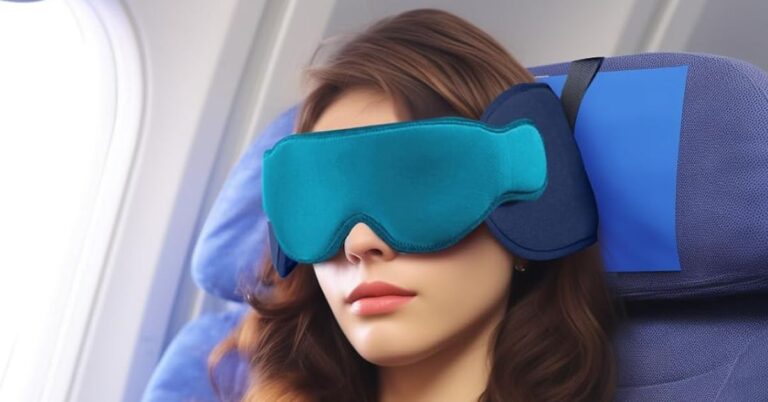15 Key Things To Know When Carrying Medication On Planes
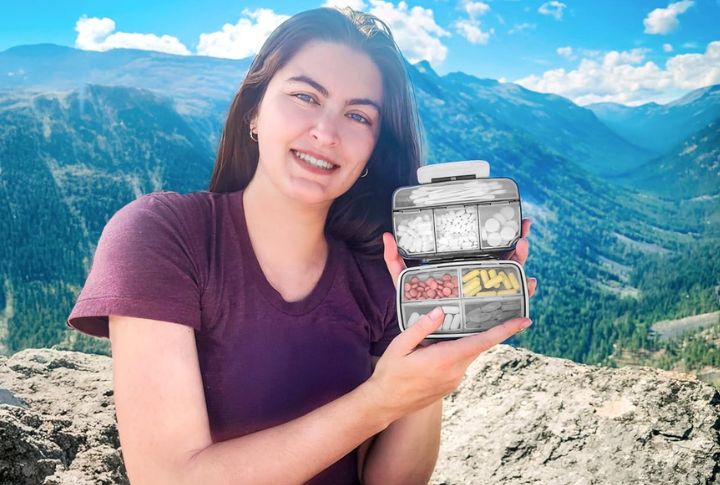
Bringing medication on a flight isn’t always straightforward. Some airports wave you through, while others apply stricter checks. International rules can be even more unpredictable. Planning ahead reduces the risk of delays, confiscation, or disruptions to your treatment while traveling.
You Can Bring Pills And Prescriptions In Carry-Ons
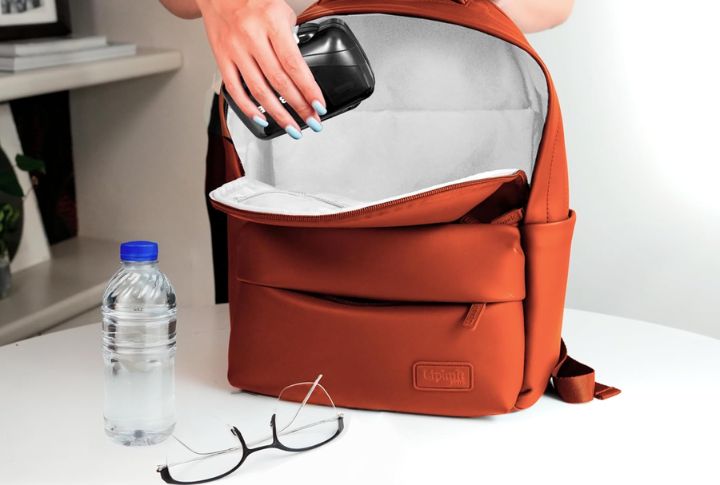
TSA allows all solid medications in a carry-on; you don’t need special approval. Most travelers prefer keeping meds in carry-ons in case of delays or lost luggage. There’s no legal limit on how much you can bring, either.
Pill Bottles Don’t Need To Be Labeled, But It Helps
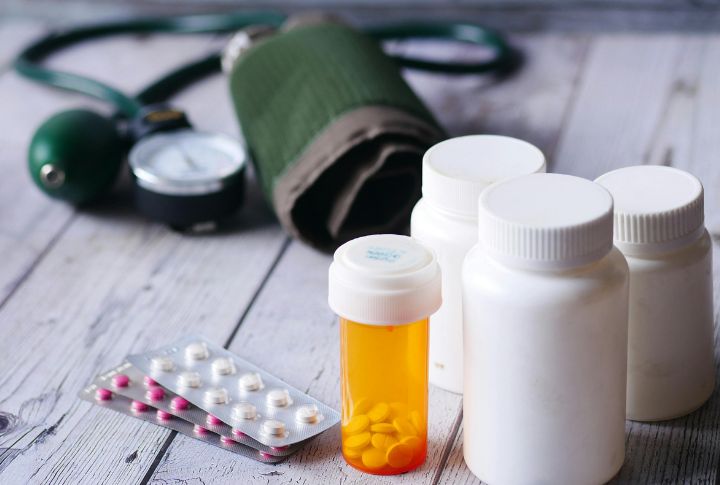
While TSA doesn’t require medications to be in original prescription bottles, bringing clearly labeled containers is still a smart move. It can prevent delays, reduce questions during screening, and help officers quickly verify that the medication matches your personal needs.
Liquid Medications Get An Exception To The 3.4-Ounce Rule
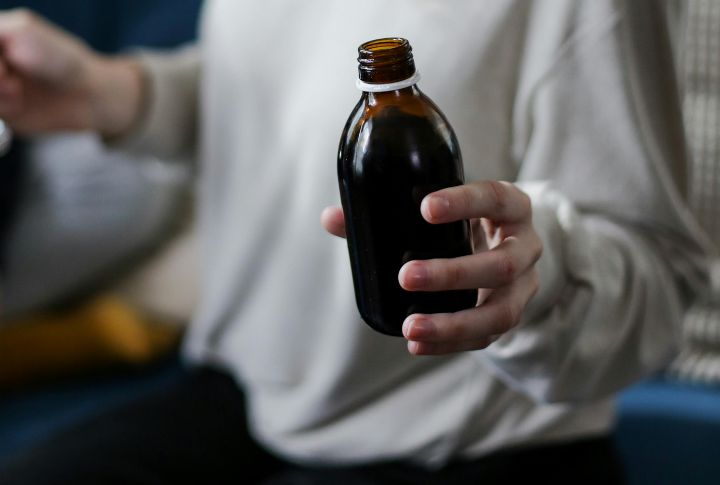
Yes, liquid medications over 3.4 ounces are allowed, even if they don’t fit in a quart-sized bag. Just separate them from your regular toiletries and let the agent know at the screening. Although you won’t need a prescription, liquids may go through additional testing.
Meds Should Be Easily Accessible At Security Checkpoints
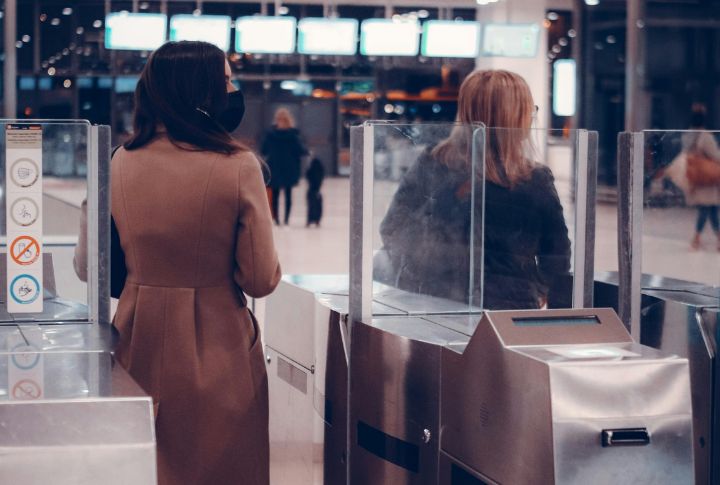
If requested, be ready to place your medications in a separate bin during screening. TSA doesn’t always ask, but keeping all medications in a single, easily accessible bag helps avoid delays. Avoid packing them deep in your luggage, which can slow down the process.
Inform Officers Of Medical Conditions Only If Needed
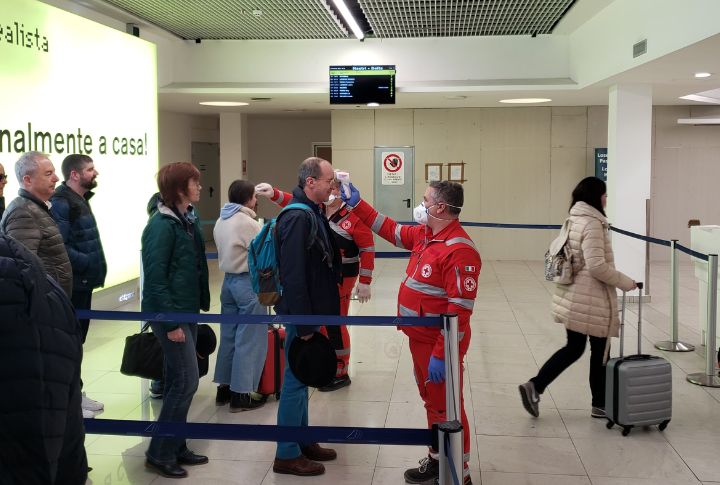
Unless a screener requests details of your items, you don’t have to explain anything. Additionally, if you need to disclose a condition, ask for a private screening. TSA officers can’t legally demand personal medical details in front of other passengers.
Medical Accessories And Ice Packs Are Also Allowed
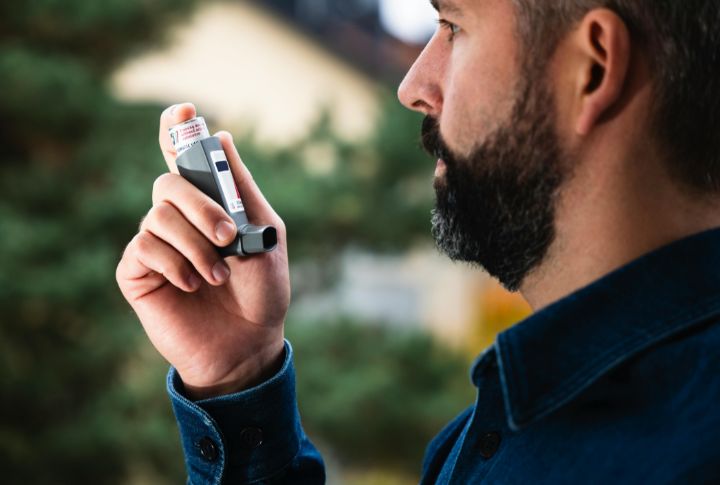
You can travel with syringes, inhalers, auto-injectors, and EpiPens. Ice and gel packs are also fine if used to cool medication. These items may be inspected but won’t be confiscated. Keep everything together and let TSA know upfront.
Controlled Substances Are Allowed, But Check Local Laws
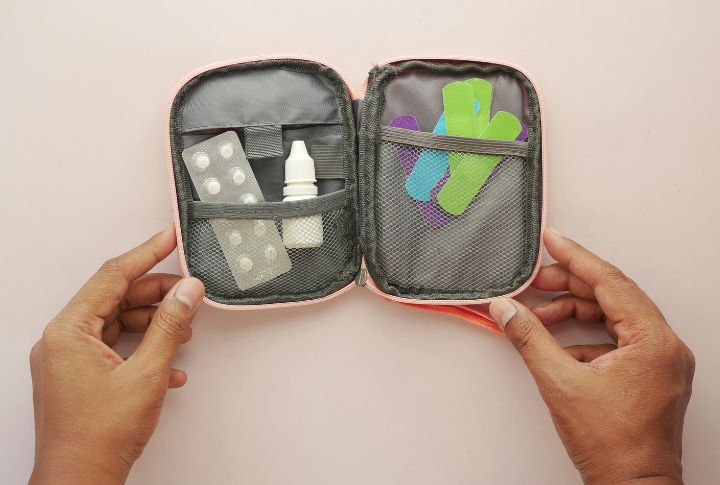
Medications like Adderall or certain painkillers fall under controlled substance rules. Although TSA allows them, local and state laws may differ. Bring your prescription, and be sure to find out what is permissible or not beforehand.
You Don’t Need To Show A Doctor’s Note For Most Meds

TSA doesn’t require a doctor’s note for most medications. However, questions may arise if you’re carrying large quantities or unfamiliar pills. A brief letter from your healthcare provider can help clarify the medical need, reduce delays, and ease communication—especially during rushed inspections or language barriers.
Security Will Never Ask You To Use Your Medication

Officers can ask you to open containers or explain what something is. However, they won’t request you to take or demonstrate a dose. You always have the right to refuse screening and request a supervisor if something feels off.
Declare Medical Devices Before Screening Begins
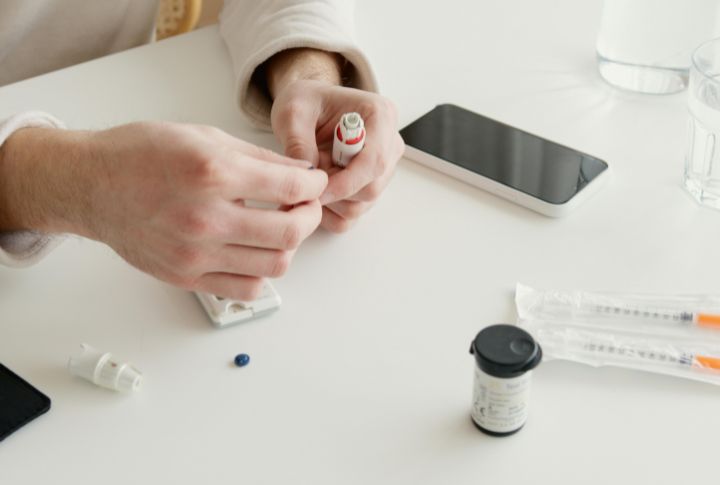
If you wear an insulin pump or pacemaker, tell the TSA agent before screening starts. You can skip certain scanners and opt for a pat-down instead. TSA follows protocol for medical implants and won’t separate you from your device or prevent you from flying.
Children’s Medications Follow The Same Guidelines

Pediatric medications, whether liquid or solid, are allowed just like adult ones. You can bring baby medicine, formula, and teething gel without issue. If you’re carrying extra supplies or need a cooler for storage, simply inform the officers at the checkpoint.
Pet Medication Is Also Allowed
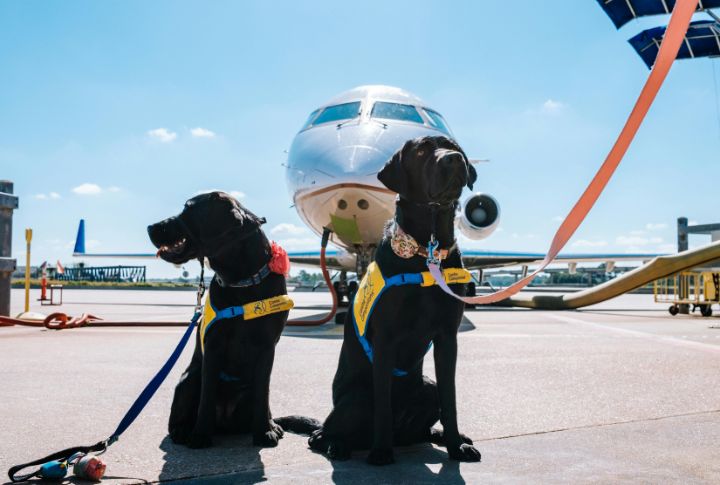
Pet medications are permitted through TSA checkpoints, including prescriptions, over-the-counter supplements, and even calming aids. Liquid meds for animals are exempt from the 3.4-ounce rule but may be subject to additional screening. If your pet requires timed dosing, mention it early to avoid unnecessary delays during inspection.
International Flights Require Extra Research

Flying abroad? The rules change fast. Some countries ban ingredients that are common in the U.S. Others may require a doctor’s letter or official documentation. Don’t guess; visit the country’s health authority website or check with your airline beforehand.
Use A Travel Pill Organizer
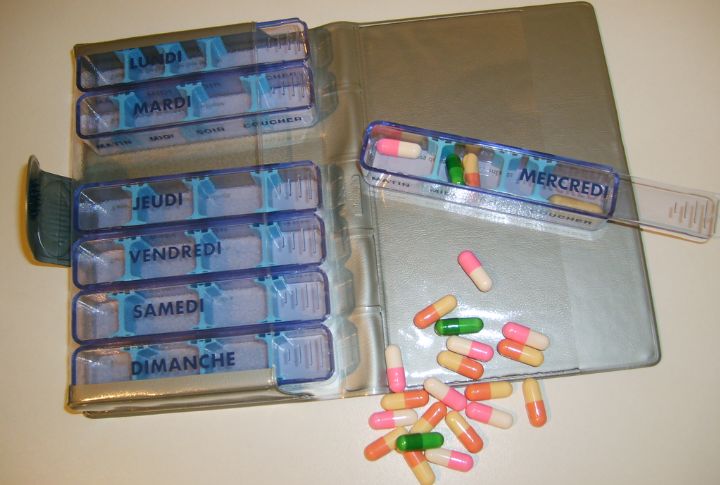
To avoid confusion or spillage, use a secure travel pill organizer instead of loose zip bags. Choose one with compartments labeled by day or dosage time. It keeps your regimen on track and looks more legitimate at security checkpoints if TSA inspects your bag.
Keep Time Zones In Mind When Dosing Medication
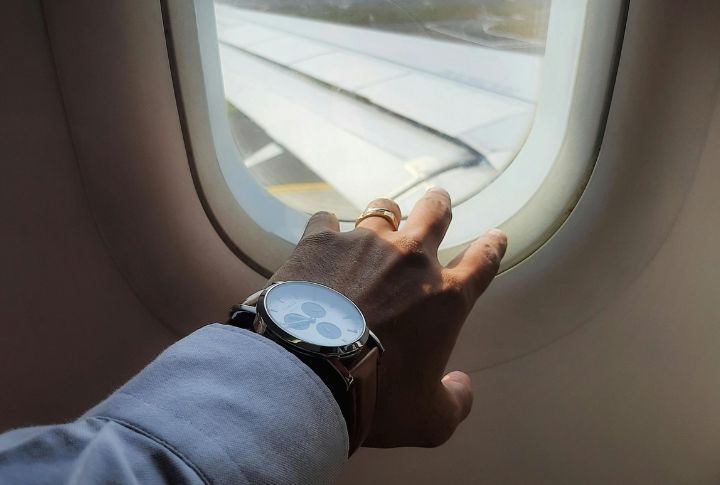
Crossing time zones can disrupt your medication schedule, especially for time-sensitive prescriptions like insulin or heart meds. Set reminders based on your home time zone or consult your doctor about adjusting doses. Planning ahead helps prevent missed doses during long flights or layovers.

